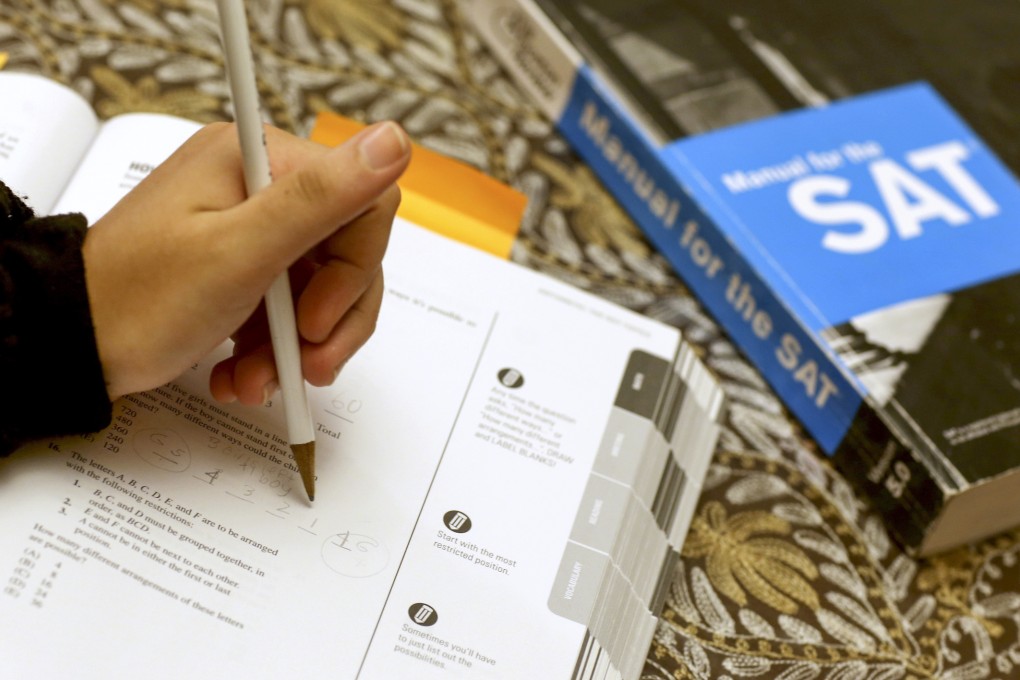Opinion | Cracking down on SAT exam prep industry could help Beijing stem student 'brain drain'
Kelly Yang says concern over a student brain drain could lead Beijing to target SAT exam prep centres, with far-reaching consequences

Imagine having to recite the United States' pledge of allegiance before buying a handbag. That's how Beijing views the heavy emphasis on US founding documents in the new SAT - the standardised exam for US university admissions. The coveted handbag here is an American education.
In August, I wrote about the new SAT's focus on US founding documents and how it will affect China. Xinhua called the new SAT a new form of "ideology intrusion" and "imperialism".
As China tries to limit what it sees as the "inappropriate Western influence" of students in the Hong Kong protests, Beijing will find the threat of more ideological intrusion worrying. Beijing, Fudan and Sun Yat-sen universities all vowed recently to have stricter ideological control over students.
Yet exams are trickier to control than weibo posts. Chinese students, on average, study 10 times harder for the SAT than US students - an estimated 150-200 hours compared with 20-30 hours. From 2016, when the SAT changes, they will spend those hours poring over the US Bill of Rights and American civil liberties, including the right to democracy.
The question is not whether Beijing will crack down on the new SAT - it will: but how? The exam is not administered on the mainland, but over the border in Hong Kong, so Beijing can't "ban" it. Far more effective would be to ban test preparation. For this, China already has full jurisdiction.
Like Hong Kong, all mainland after-school tutoring and test prep centres are regulated by the Ministry of Education, which issues licences before they can operate. But the rules for registration are vague and complicated and many operate illegally. Beijing can easily step up the regulations; if it wanted to, it could crush the new SAT in a second.
